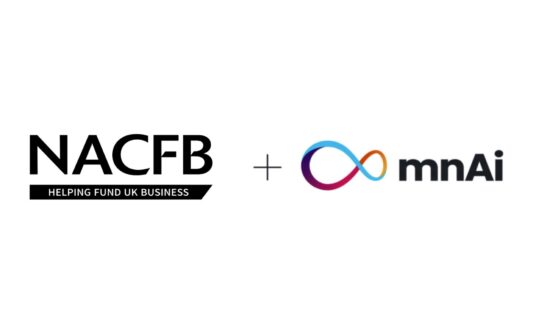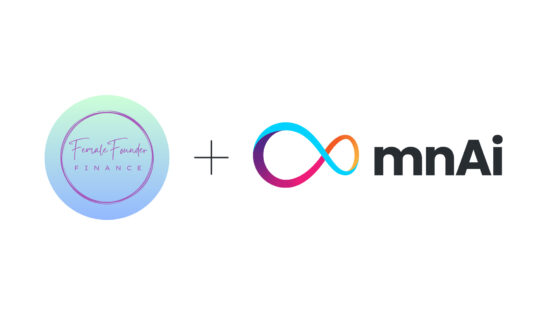02 Jun 2020
How AI can help financial services

The financial services (FS) industry is going through a period of profound change and disruption.
Technology provides the means for firms to reimagine the way in which they operate and interact with their customers, suppliers, and employees. One particularly significant area of development is the utilisation of artificial intelligence (AI) and machine learning (ML).
The pace of AI and machine learning application is clearly accelerating as companies begin to leverage it to increase efficiency and innovation to gain a competitive advantage in the marketplace.
Financial services organisations have a long history of working with data, for example using analytics to extract insights for creating better, more profitable business models, investment strategies and improving the customer experience.
The challenge lies in organising and managing this data, verifying its accuracy and capitalising on the opportunities it provides.
Automation can enable regulatory compliance, improve business performance, drive cost-savings and efficiencies, rapidly analyse and spot trends, create new value propositions and promote quicker decision making. This creates a cycle of innovation across a wide range of business functions and a reimagined customer experience.
Machine learning platforms rely on quality data being input, as well as the interpretation of that data. Firms are not quite ready to let the machines do everything and skilled human intervention is still required.
Automation will be key in how the financial industry operates and delivers services, and for it to compete and thrive. According to consulting firm Accenture, the contribution of automation and augmented technologies to the bottom line for financial services companies around the world is estimated at $140 billion in productivity gains and cost savings by 2025.
Algorithmic trading has long been a primary user of it, but below are four additional ways the financial industry is rapidly adopting Artificial intelligence:

Reason 1 : Greater customer engagement with AI
Artificial intelligence can reduce the process of customer identification and due diligence from many hours of manual research down to minutes. Using billions of publicly available data points search engines allow companies to find and research individuals and companies which meet exact criteria quickly and easily.
Financial companies can then use artificial intelligence to transform the customer experience by enabling frictionless, 24/7 customer interactions. Some have introduced chat bots backed by conversational AI abilities which can answer customer questions, manage customer requests, and make product recommendations.
There are even robo-advisers which create personalised investment portfolios, obviating the need for more expensive stockbrokers and financial advisers.
Reason 2 : Better fraud detection and risk management
The complexities of the ever-changing regulatory landscape can be challenging for many financial institutions. Artificial Intelligence can “learn”, remember, and comply with all applicable laws – from Know Your Customer (KYC) and anti-money laundering regulation to rules governing asset management.
Current systems generate a lot of false positives that are reviewed individually by middle-office operators and/or compliance officers. Machine learning can reduce bias, interpret, identify patterns and ultimately reduce the number of false positives, saving costs while increasing the quality of the screening process.
Reason 3 : Transforming the deal process for Financial Services
For deal professionals, ML is not just an exciting source of new transaction flow. It can now be applied to every part of the deal process, from tracking and sourcing deals through to due diligence, execution and post-deal integration.
AI-powered deal-flow search engines can help executives improve the effectiveness and efficiency of the deal process. They automate tasks, smooth workflows, and scrutinise company data and information- completing processes that would take months of an analyst’s time in minutes. Deal-flow platforms can visually chart and track balance sheets, profit and loss, creditors, debtors, debt, shareholders, connections, contacts and introductions. This enables dealmakers to identify and assess targets, inform decision making and accelerate execution.
AI-powered deal-flow search engines deliver actionable insights and trends even as underlying conditions change and develop.
Reason 4 : Enhancing the Due Diligence process
As an alternative to huge teams of people, a company can use a machine learning platform to rapidly examine thousands of uploaded employment, supplier and customer contracts. Artificial intelligence can run background checks on companies and people, alert for any issues and raise red flags.
In the time consuming and complex discovery and analysis process of Mergers and Acquisitions, artificial intelligence can accelerate the process and provide analysts with a more comprehensive understanding and accurate view of the business or sector they are investigating.
By John Cushing, mnAI CEO featured in FinTech Magazine.
More from FinTech Magazine at : www.fintechmagazine.com


